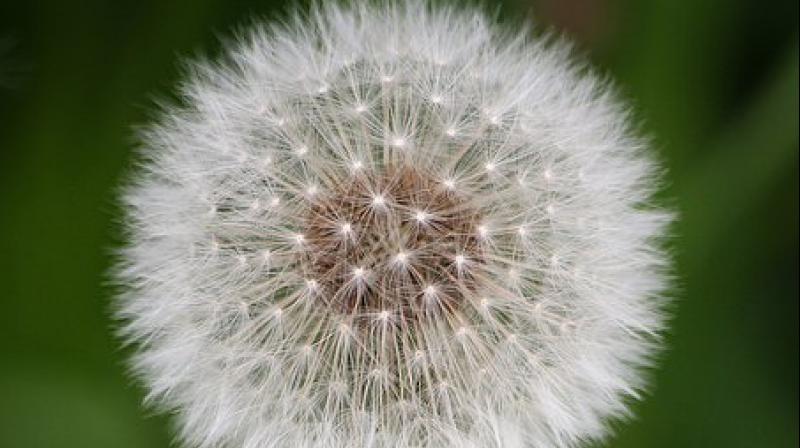Scientists develop novel device to fight fungal, pollen allergy; runs on electricity
Obtaining the right mix of chemicals to destroy the contamination is the key to success.

Scientists are developing an innovative device that uses cold plasma technology to tackle the problem of airborne allergens in the home such as dust mites, fungal spores and pollen.
Cold plasma is a form of ionised gas where energetic electrons and ions coexist alongside a wide variety of highly reactive chemical compounds.
The technology developed by researchers at the University of Liverpool in the UK only requires air and electricity to operate, typically using ten times less power than a household light bulb.
It is an emerging technology and its application is being explored across a number of sectors including food industry, manufacturing and biomedicine.
Recently it has been discovered that when cold plasma comes in to contact with contamination in the air around us, such as an allergy causing fungus or household chemical, it has a very powerful decontamination effect.
This project will develop a device that will harness the power of cold plasma to destroy airborne allergens on contact.
To develop the plasma device researchers will first construct an ultra-efficient pulsed air plasma source that creates a plasma rich in highly reactive chemical compounds.
Obtaining the right mix of chemicals to destroy the contamination is the key to success, researchers said.
To guide development, state of the art diagnostic measurements will be made on common household allergens passing through the plasma device to reveal the underpinning breakdown pathways, they said.
A unique engineering solution will be developed to simultaneously target multiple allergens (such as dust mites, fungal spores and pollen) whilst overcoming many of the drawbacks associated with current devices on the market that can be expensive and inefficient, the researchers said.
“This is an exciting and innovative research project which has real-life impact,” said James Walsh from the University of Liverpool.
“We will use our expertise in plasma science here at Liverpool to ultimately produce a low-cost, efficient and effective technology that reduces the concentration of allergens from within the household environment,” said Walsh.

